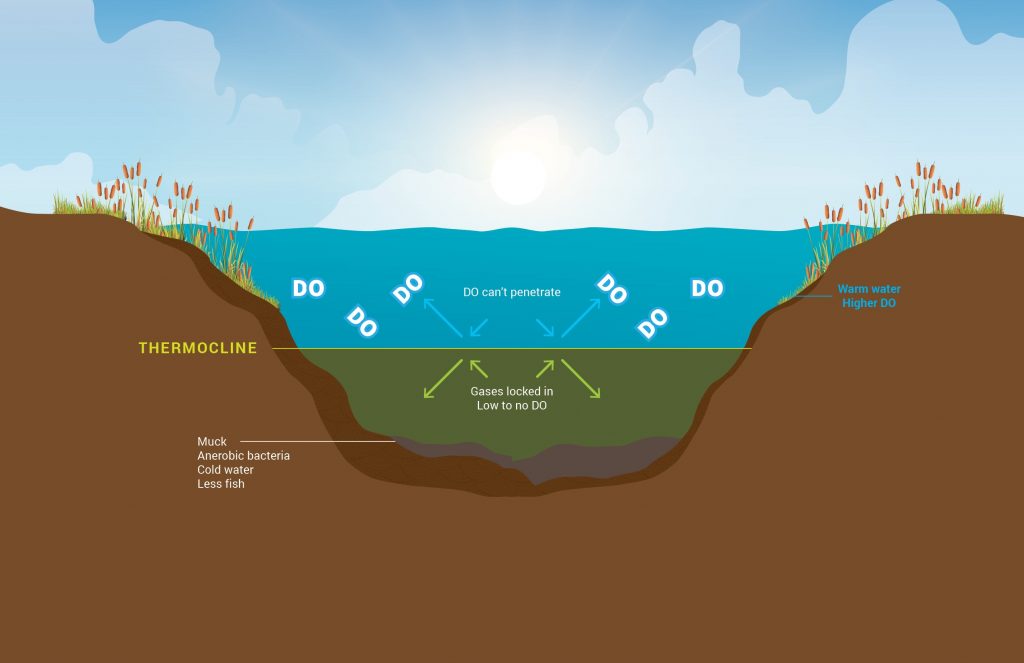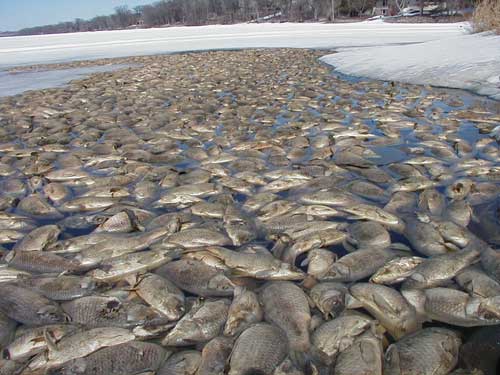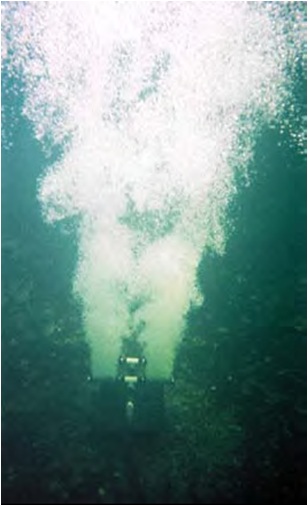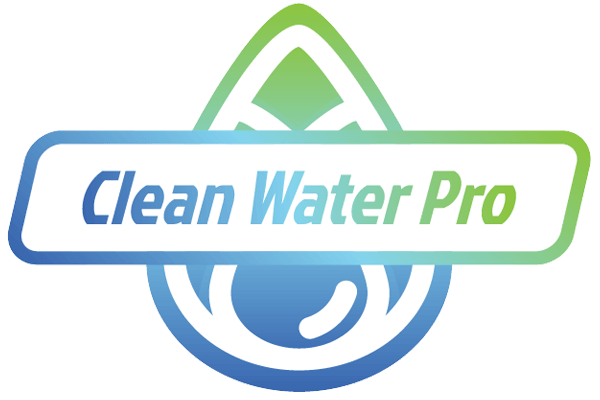What is Fish Kill in Winter?
Fish mortality that occurs in winter is often known as winterkill. Winterkill is the most common type of fish kill because fish need oxygen to survive, but the dissolved oxygen levels within the water are depleted. Check out our blog on Why is Dissolved Oxygen Important for Ponds, Lakes, and Dugouts? to learn more about the importance of dissolved oxygen!
The thermocline also rises in the water column, squeezing the fish toward the surface.

Usually, the deeper the waterbody, the less likely winterkill will occur. Because of this, winterkill is more likely to happen in a backyard pond and shallow or smaller bodies of water. However, it can still occur in larger water bodies like lakes.
For larger bodies of water, winterkill is more likely to occur in eutrophic lakes because these water bodies use up oxygen more quickly. Eutrophic lakes are typically lakes with high amounts of aquatic plant decomposition, muck accumulation at the bottom, and high levels of nutrients like nitrogen and phosphorus.
Another factor that can increase the likelihood of winterkill is if large amounts of snow and ice form on your pond or lake. This can prevent sunlight from penetrating the water. Plants die without sunlight, thus ceasing to give off oxygen they would produce during photosynthesis. The dead plant material also provides nourishment for bacteria that use oxygen. As the winter progresses, the available oxygen in the pond can be used to a point where fish can suffer. In many cases, the larger trophy fish will consume more oxygen. Therefore, during low oxygen times, your largest fish can die.
Although the fish often die during the winter months, the damage caused by winterkill isn’t observed until the springtime when the ice begins to break.
Why Do Fisheries Care About Winterkill?
Winterkill may be a natural process, but it benefits fisheries to plan against winterkill. For one, it will reduce the fish stock within the lake when it occurs. Secondly, it creates a project where a team will have to remove the fish kills from the lake.
Taking proactive measures to prevent winterkill keeps your fish alive, and the strategy also encourages a healthy fish habitat. Treatments, such as water aeration, lead to healthier water chemistry and the ability to break down nutrients, healthier fish with more oxygen, and cleaner and clearer water.

How to Prevent Winter Fish Kill?
Like in the summer, winter pond aeration is critical to increase dissolved oxygen levels, preventing fish kills, and creating water quality conditions that destroy excess nutrients that fuel algae growth.
Preventing winterkill comes down to maintaining a healthy body of water and keeping its nutrient level in check.
-
- Installing a Water Aeration System will increase dissolved oxygen levels. Without a water aerator, your body of water can become stagnant, which depletes your dissolved oxygen levels.
- Water Aeration Systems will create an opening on the ice surface during the winter, allowing oxygen to transfer into the water body.

What are Other Types of Fishkill? (Spring, Summer, Fall)
Even though winterkill is the most common type of fish kill, other fish mortalities happen outside of the cold months.
The summertime will sometimes bring about algal blooms on lakes, ponds, and bodies of water. These blooms knock out all the oxygen in the water and cause fish kill due to depleted dissolved oxygen.
When installing water aeration systems, they are to be fired up gradually (Opportunity for “How to Turn on a Water Aerator Properly” blog) so that the water begins to circulate increasingly.
Fishkill can occur if a water aerator is installed and IS NOT fired up gradually, which causes the body of water to flip too quickly. When the water turns over too fast, the gasses and muck at the bottom of the pond or lake are brought up at a rate the fish cannot handle.
Using water aeration alongside beneficial bacteria has been proven to be a strategy to prevent fishkill and remediate water bodies and maintain healthy water bodies and water health moving forward.
Do you know of a body of water that could use some care?
Our water experts at Clean Water Pro:
-
-
- Assess water bodies
- Take water samples
- Analyze the water in our lab
- Recommend a remediation and treatment strategy
- Implement remediation and treatment strategy
-
Take the remediation and maintenance off your plate and hire Clean Water Pro as your lake, pond, or dugout maintenance team. Give us a call today to learn more!
